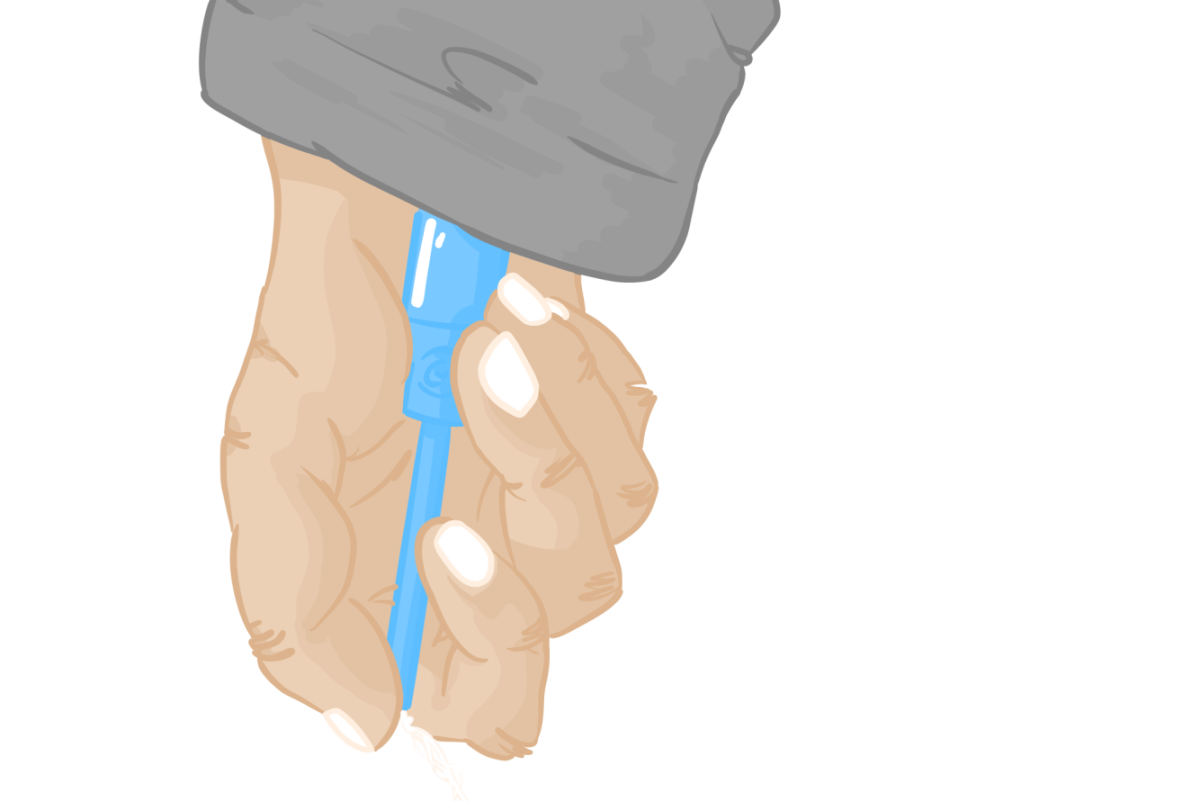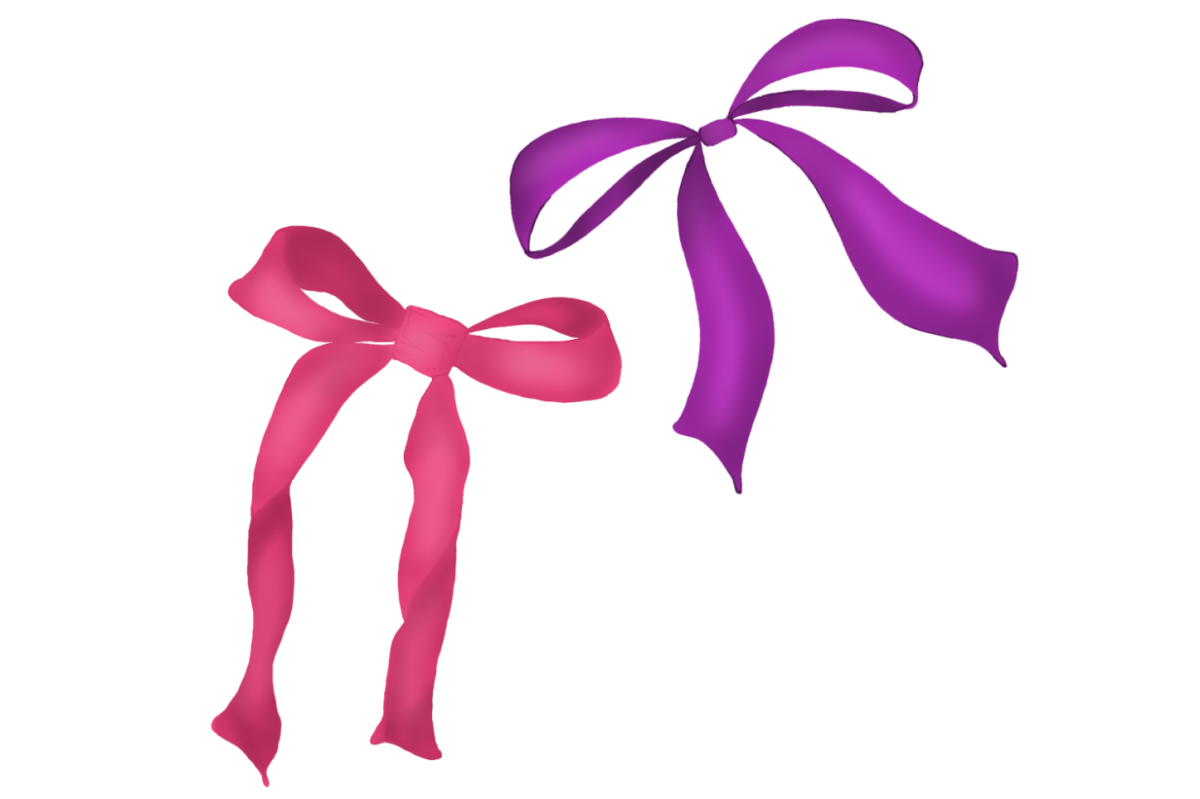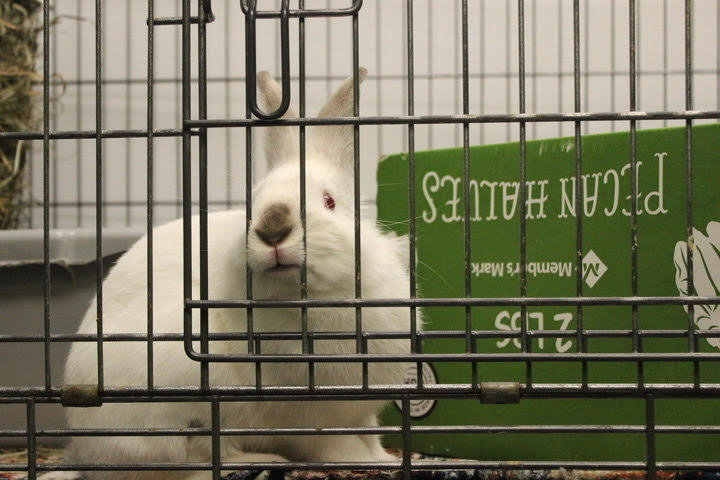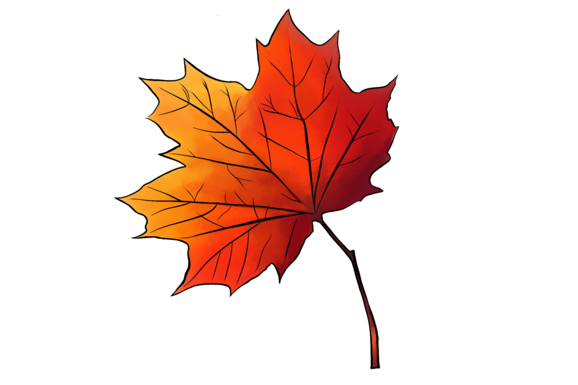Censorship is telling a man he can’t have a steak just because a baby can’t chew it.
That phrase is often attributed to Mark Twain, except there’s no record of him ever saying or writing it. We do know, however, that he once wrote in a letter, “When a library expels a book of mine and leaves an unexpurgated Bible lying around where unprotected youth and age can get hold of it, the deep unconscious irony of it delights me and doesn’t anger me.”
Wherever Mr. Twain is today, he is giggling uncontrollably at the irony.
An Alabama publishing company plans to publish an edited version of Twain’s Huckleberry Finn, replacing the n-word with “slave” and changing “Injun” to “Indian.” Cue the national outrage. Scholars, news outlets and teachers have all expressed their disgust at the proposed change. One author with a sense of humor ran with the controversy, self-publishing Huck Finn but replacing the n-word with “hipster.” It’s a fun read, to say the least.
The Alabama professor Alan Gribben who’s spearheading the campaign hopes to make the novel less controversial and spare readers any discomfort from reading the words. After all, replacing the two words will totally negate any discomfort. The death, drunkenness, family abuse, slavery and racism in Huck Finn are all quite comfortable to read.
Wait, Twilight makes me feel uncomfortable. I can censor that, right?
In the spirit of Professor Gribben, I’m pleased to present a few more bowdlerized literature classics from the KHS curriculum in a more “comfortable” style.
- William Shakespeare’s Romeo and Juliet
Offensive material: Teen suicide.
Proposed changes: R and J are both over 18. The feuding families overcome their differences in support of the young lovers, who live to a ripe old age and die of natural causes. Mercutio and Tybalt settle their dispute with water guns.
- William Golding’s Lord of the Flies
Offensive material: Portrayal of savagery and pessimistic view on human nature.
Proposed changes: The boys on the island bond and form a democratic society. Evenings are spent singing popular campfire songs. Piggy’s favorite is “The Wheels On The Bus.”
- Harper Lee’s To Kill a Mockingbird
Offensive material: Racism and social pressure.
Proposed changes: Tom is never charged. The trial does not happen. Boo is a productive, prominent member of society. The happy community is not affected by the Great Depression. Yawn.
- Chinua Achebe’s Things Fall Apart
Offensive material: Brutality, racism and European imperialism.
Proposed changes: Okonkwo and the Europeans become BFFs, spending every Thursday together getting manicures and having lunch at the bistro. Okonkwo thinks the “Serene Sapphire” polish best compliments his eyes.
- Joseph Conrad’s Heart of Darkness
Offensive material: Everything.
Proposed changes: Everything.
The point is, Professor Gribben, Huck Finn is a timeless classic and an unflinching look at both history and human nature. The original has a note by Twain in the appendix detailing his attempt to “painstakingly” reproduce the dialects and culture of Missouri. The detail and steadfast portrayal of Midwestern America in the 1830s and 40s is what makes the book worth studying in school, and understanding the message of Huck Finn can make a student a better human being and spark meaningful dialogue. To edit the book is to forge history. Sounds to me like a main argument from another consistently censored book: George Orwell’s 1984.












